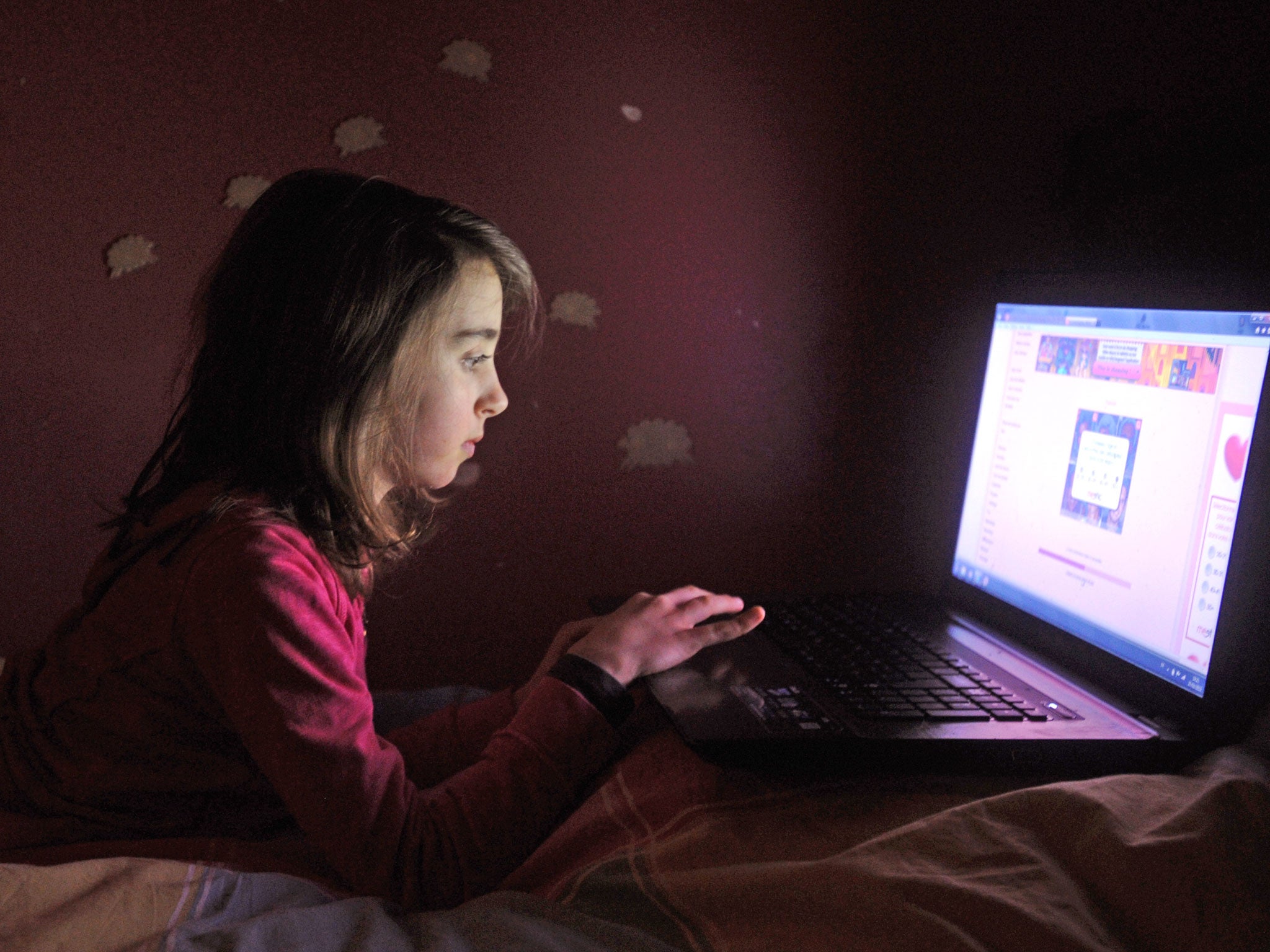Children raised 'on diet of porn' more likely to engage in risky sexual behaviour, warns report

Your support helps us to tell the story
From reproductive rights to climate change to Big Tech, The Independent is on the ground when the story is developing. Whether it's investigating the financials of Elon Musk's pro-Trump PAC or producing our latest documentary, 'The A Word', which shines a light on the American women fighting for reproductive rights, we know how important it is to parse out the facts from the messaging.
At such a critical moment in US history, we need reporters on the ground. Your donation allows us to keep sending journalists to speak to both sides of the story.
The Independent is trusted by Americans across the entire political spectrum. And unlike many other quality news outlets, we choose not to lock Americans out of our reporting and analysis with paywalls. We believe quality journalism should be available to everyone, paid for by those who can afford it.
Your support makes all the difference.Children who access pornography are more likely to have sex at a younger age and engage in “risky behaviours”, a report by the Office of the Children's Commissioner has warned.
The office has called for urgent action to "develop children's resilience to pornography" after discovering that a "significant" number of them have access to sexually explicit images.
The Department for Education must ensure all schools deliver effective relationship and sex education, which should include safe use of the internet, the office recommended.
The report, commissioned by the office as part of its national inquiry into child sexual exploitation in gangs, is based on a review of academic research including 41,000 items of literature.
Maggie Atkinson, Children's Commissioner for England, said: "We are living at a time when violent and sadistic imagery is readily available to very young children, even if they do not go searching for it, their friends may show it to them or they may stumble on it while using the internet."
She added: "For years we have applied age restrictions to films at the cinema but now we are permitting access to far more troubling imagery via the internet. It is a risky experiment to allow a generation of young people to be raised on a diet of pornography."
The report found that access to porn can lead to young people engaging in "risky behaviours" such as sex at a younger age, unprotected anal sex and the use of drugs and alcohol during sex.
It also said that access to porn can influence children's sexual beliefs, developing unrealistic attitudes about sex, bad attitudes towards relationships and beliefs that women are sex objects.
A "significant proportion" of children are exposed to or access pornography, which can occur both online and offline, the report said.
The Children's Commissioner found that exposure to porn increases with age, there is greater risk of exposure with increasing age. However, there were conflicting findings in relation to the average age of first exposure, ranging from 10 to 17 years old.
In its recommendations, the report called on the Department for Education (DfE) to ensure all schools provide relationship and sex education.
The curriculum should cover access and exposure to porn and sexual practices that are relevant to young people's lives and experiences.
In another recommendation, the report concluded that the DfE should rename 'sex and relationships education' (SRE) to 'relationships and sex education' (RSE).
The recommendations echo calls made by the End Violence Against Women coalition to make sex and relationships education compulsory in secondary schools.
A survey conducted by the National Association of Head Teachers (NAHT) recently found that many parents believe schools should teach children about the dangers of pornography as soon as they are old enough to use the internet.
The poll reveals that the majority of parents do not want it to be left to them alone to educate their youngsters about the controversial issue, and a large proportion think that pupils as young as five or six should be given lessons on the subject.
Dr Miranda Horvath, senior lecturer, Middlesex University, which led the review of academic evidence, said: "It is clear that children and young people want and need safe spaces in which they can ask questions about, and discuss their experiences with pornography.
"The onus must be on adults to provide them with evidence-based education and support and help them to develop healthy, not harmful relationships with one another.
"When pornography is discussed, it is often between groups of people with polarised moral views on the subject. Rather than adopting a particular ideological stance, this report uses evidence-based research to draw its conclusions and further the debate."
PA
Join our commenting forum
Join thought-provoking conversations, follow other Independent readers and see their replies
Comments